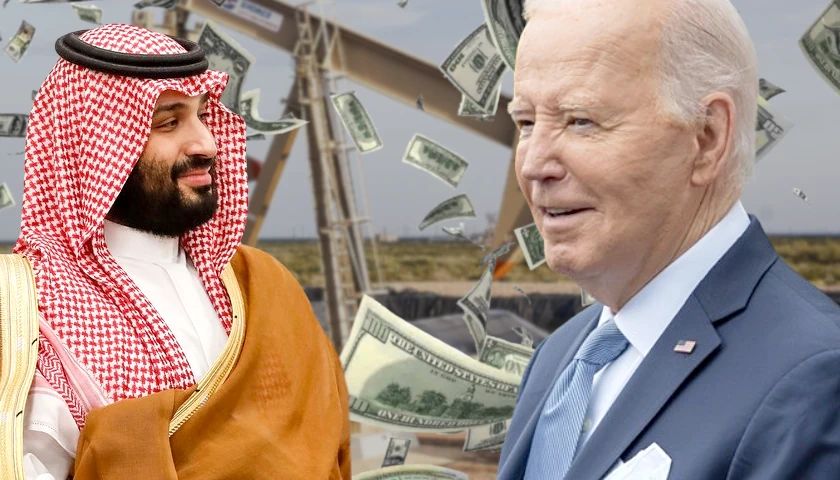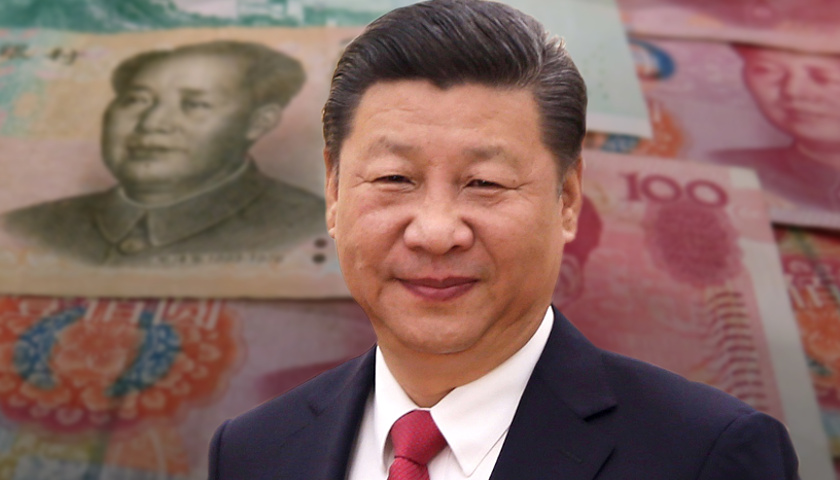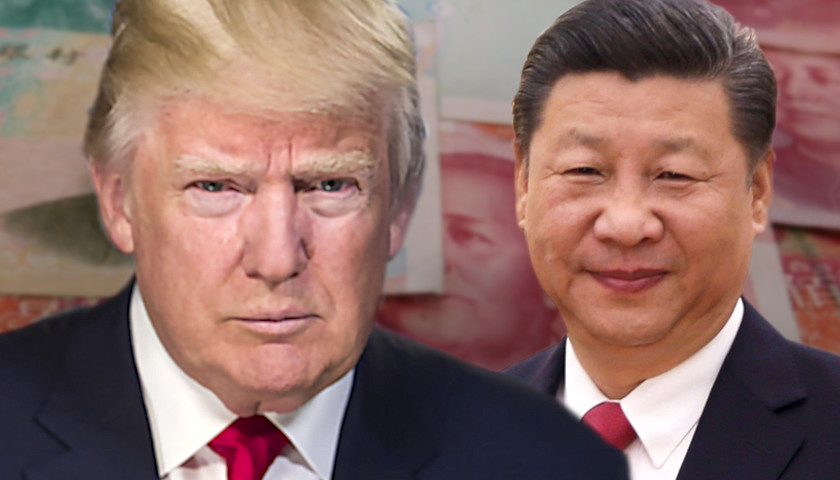For years, Beijing has pushed to have the Chinese yuan accepted as an international currency, while countries unfriendly to the U.S. such as Venezuela, Iran, Russia, and North Korea have been looking for a dollar alternative for international trade. Western economic sanctions against Russia are now accelerating talks between Moscow and Beijing about finding “workaround” solutions, as Federal Reserve Chairman Jay Powell is warning the invasion of Ukraine may step up Beijing’s efforts to cut its dependency on the dollar.
Over the past decade, it has irked Beijing that, in spite of being the number two economic power, China’s currency has never become truly international. Technically, the yuan’s admission to the International Monetary Fund’s (IMF) Special Drawing Rights currencies (SDR) in 2016 makes the yuan an international currency. In practice, however, the yuan has very limited internationalization. Only 10.9% of the SDR is comprised of yuan. The only country which recognizes the yuan as an official currency is China, whereas about 15 countries use the U.S. dollar as their only official currency or an additional official currency.
Read the full story





